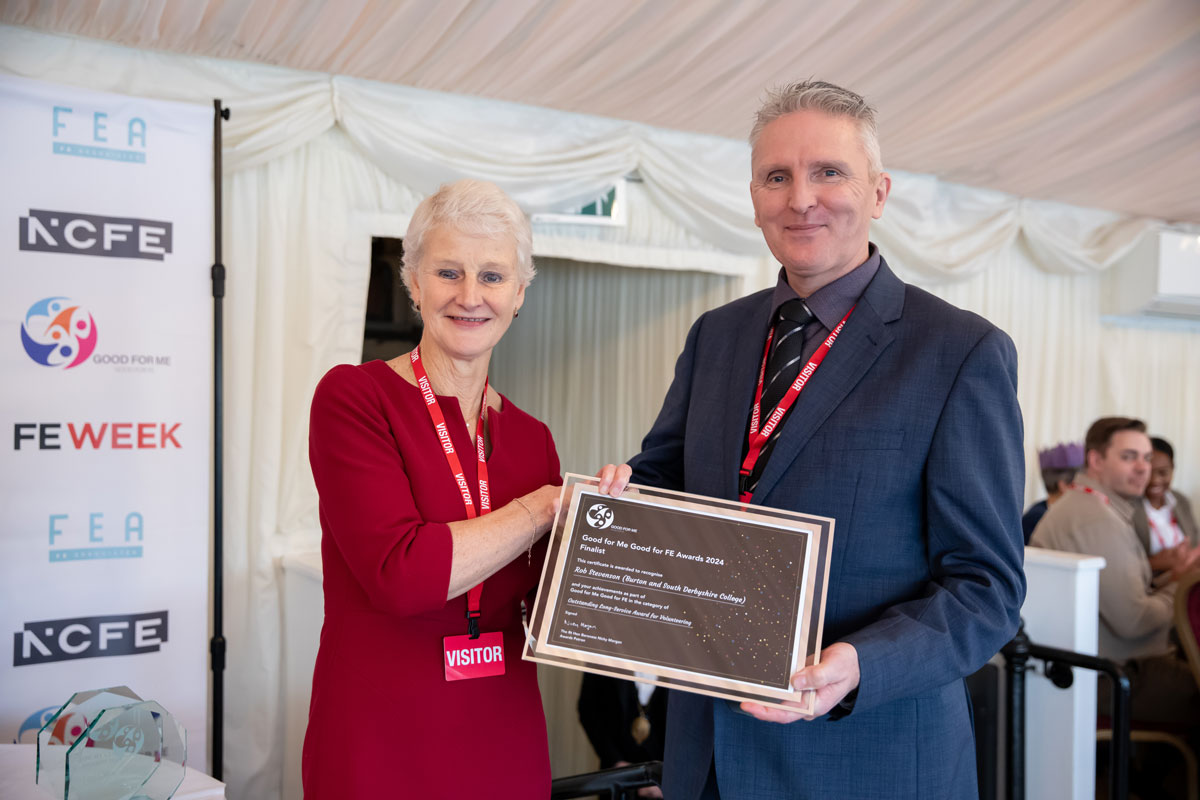New research suggests bridging the attainment gap would boost economy by £14.4bn per year

- New report outlines economic case for investment in education, highlighting significant potential impact on earnings in deprived areas
- Teachers and former students say addressing child poverty and mental health is crucial to reduce the hardship that holds children back at school
- CPP calls for investment in Pupil Premium to boost support for disadvantaged students
A new report by economic thinktank the Centre for Progressive Policy (CPP) estimates that bridging the attainment gap between the most and least deprived areas of England could deliver an annual earnings boost of £14.4bn to the economy.
CPP calculates that if qualification levels in areas in the most deprived decile in England including Blackpool, Liverpool, Middlesbrough and Newham, matched those in the least deprived decile including Buckinghamshire, Windsor, Richmond and Wokingham, earnings would increase by £14.4bn annually.1
In a new report, the organisation warns that following a decade of low growth and the damaging effects of the pandemic on educational outcomes, investment is urgently needed to avoid yet more productivity stagnation and economic decline for the next generation.
The report examines the economic case for tackling educational inequalities between places, arguing that doing so would stimulate economic growth and boost living standards. Place has become a more powerful predictor of educational attainment in recent decades, leading to significant disparities. There is a gap in average attainment 8 scores score of over 12 points between the best and worst performing local authorities.
Yet the most deprived 20% of local authorities saw real terms spending per pupil fall by 14% between 2009 and 2019. Changes to the National Funding Formula have meant that schools in the least deprived areas are expecting a larger increase in funding than those in the most deprived areas.
Last year the government committed to just a tenth of the funding package advised by its then-education commissioner Sir Kevan Collins, leading to his resignation in protest and suggestion that the reduction in spending represented a ‘false economy.’ The £1.4bn offer was equivalent to just £22 on average per primary school child and was widely criticised as being wholly inadequate to deliver a catch-up programme on the scale required.
CPP argues that investing in education and skills should be the cornerstone of plans to get the UK’s economy growing. Its research combines analysis with over 40 in-depth interviews with teachers and school leavers in areas with high rates of deprivation in the North West of England. It identifies several key factors that are associated with educational attainment, including a strong local labour market; good housing conditions; and proximity to education and employment opportunities and the ability to access them, for example through free or subsidised travel.
CPP is calling on the government to increase the amount of funding for deprived people and places through a substantial expansion of the Pupil Premium, which has been found to be effective at driving teaching quality and targeted academic support including tutoring.
Specially we call for:
- An increase in the Pupil Premium for primary school pupils from £1385 to £1782, bringing them in line with inflation since 2016
- Equalising payments for secondary school pupils, boosting them by 80% from the current £985 to £1782
- Expanding the payment to post-16 pupils in colleges
After a decade of funding cuts, CPP’s proposed package would target support towards areas where there are more children living in disadvantaged economic circumstances.
This investment of £2.2bn per annum would help to reduce chronic educational inequalities which act as such a damaging drag on UK growth potential.
Ben Franklin, Director of Research & Policy at CPP said:
“Good educational attainment is the cornerstone of a strong economy, ensuring decent jobs and productivity growth. But years of spending cuts and the Covid-19 pandemic have had a brutal impact on educational outcomes in the very communities that stand to gain the most from strong economic growth.
“Investment in the Pupil Premium is one of several measures we’re recommending to support pupils. In an era of further spending restraint, we cannot risk creating another lost generation of young people whose potential is never realised. As our research shows, failing to act would not only damage young peoples’ life chances, it would also damage our economy.”
Dean Hochlaf, Research Analyst at CPP and lead author of the report said:
“It’s simply not right that where children are born and raised has become an increasingly powerful predictor of their life chances. Improving educational outcomes is critical for breaking this cycle, and our research highlights the need for a holistic approach to this.
“Education is not just about learning in the classroom, crucial though that is; we must also ensure children are not growing up in poverty, in damp, unsafe housing, or locked out of opportunities because they can’t afford to travel to school or college. Despite the resilience shown by the many teachers and former pupils we spoke to, the need for investment in public services to improve children’s attainment, wellbeing and life chances is clear.”
Sector Response
Russell Hobby, Chief Executive of Teach First, said:
“Despite the same potential, for too long pupils born in poorer communities have been denied the same access to a brilliant education as their richer peers. As this report suggests, this unfairness doesn’t just hold individual pupils back – it has damaging consequences for the whole economy.
“That’s why the new Prime Minister must prioritise investment in education and ensure tackling the attainment gap is a top priority for the new government. When we get that right, we will ensure every child has the same chance to thrive in their future lives – in turn helping to build a stronger and more prosperous country.”
CPP’s pay boost analysis predicts earnings based on a scenario in which the qualification profile of the most deprived decile of upper tier local authorities (currently 40% achieving Level 4 qualifications) matches that of the least deprived (50% achieving Level 4 qualifications). It is based on local working age population and employment rates and uses regional estimates of earnings by qualification, based on data from the Annual Population Survey.











Responses